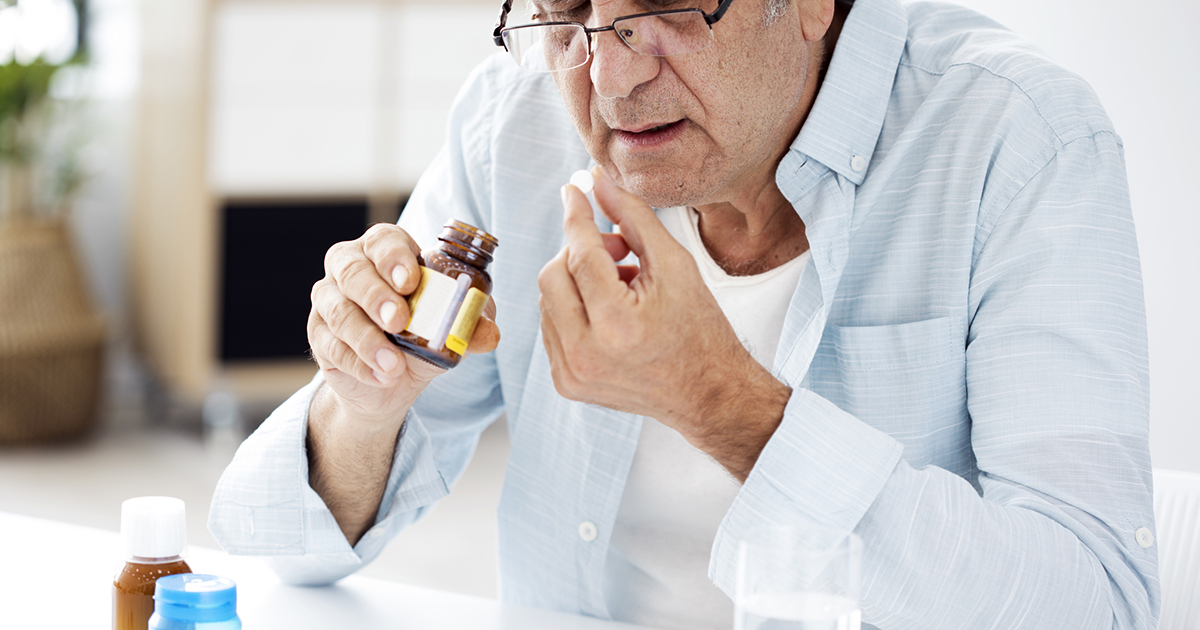Treatment Options For Angina Pectoris
Angina pectoris is a stable form of chest pain caused by heart disease. During episodes of angina pectoris, the heart does not receive as much blood as it needs. Episodes, most of which last no longer than five minutes, may be triggered by emotional stress, physical exercise, eating a heavy meal, smoking, and being exposed to very hot or cold temperatures. Symptoms include pressure or pain in the center of the chest that may radiate to the back, jaw, neck, shoulder, and arm. Episodes of stable angina typically feel the same, and some patients may describe them as similar to the sensations of having indigestion or gas. This condition improves with rest and medication. The treatments outlined below are often recommended for patients with angina pectoris.
Rest To Relieve Discomfort

Since this form of angina is often triggered by exertion and stress, doctors recommend rest for patients to relieve discomfort. As soon as patients feel any discomfort, they should try to lie down as soon as possible and remove themselves from any stressful situations. Patients should ask their doctor about safe types of exercise for their heart and how long their workouts should be to avoid triggering angina pectoris. If possible, someone should stay with the patient while they rest. It may be helpful to keep a symptom diary with a list of angina episodes, including what the patient was doing just before an episode began and how long it lasted. If patients notice their chest pain is not relieved by resting, they should contact the doctor immediately and seek emergency medical care.
Keep reading to learn more about how angina pectoris is treated now.
Take Nitroglycerin

Nitroglycerin is an oral medication classified as a vasodilator that helps open blood vessels to improve blood flow and ease chest pain. Doctors typically recommend angina pectoris patients take nitroglycerin about ten minutes before they begin doing an activity that will likely trigger symptoms. For example, patients might choose to take nitroglycerin ten minutes before a bike ride or other physical activity such as a walk around the block or a yoga session. Patients can also consider using the medication before doing heavy lifting or household chores like vacuuming. It can also be beneficial in preventing chest pain that may occur during stressful situations that may cause sadness or anger. Patients can take nitroglycerin as a tablet or as a mouth spray. The medication must be used carefully due to the risk of side effects. While on nitroglycerin, patients should not consume any alcohol. Potential side effects of nitroglycerin include headaches and a sensation of burning on the tongue immediately after use. Patients may also experience dizziness, lightheadedness, skin rash, a fast pulse, sudden skin redness and warmth, and nausea.
Reveal more ways to treat angina pectoris now.
